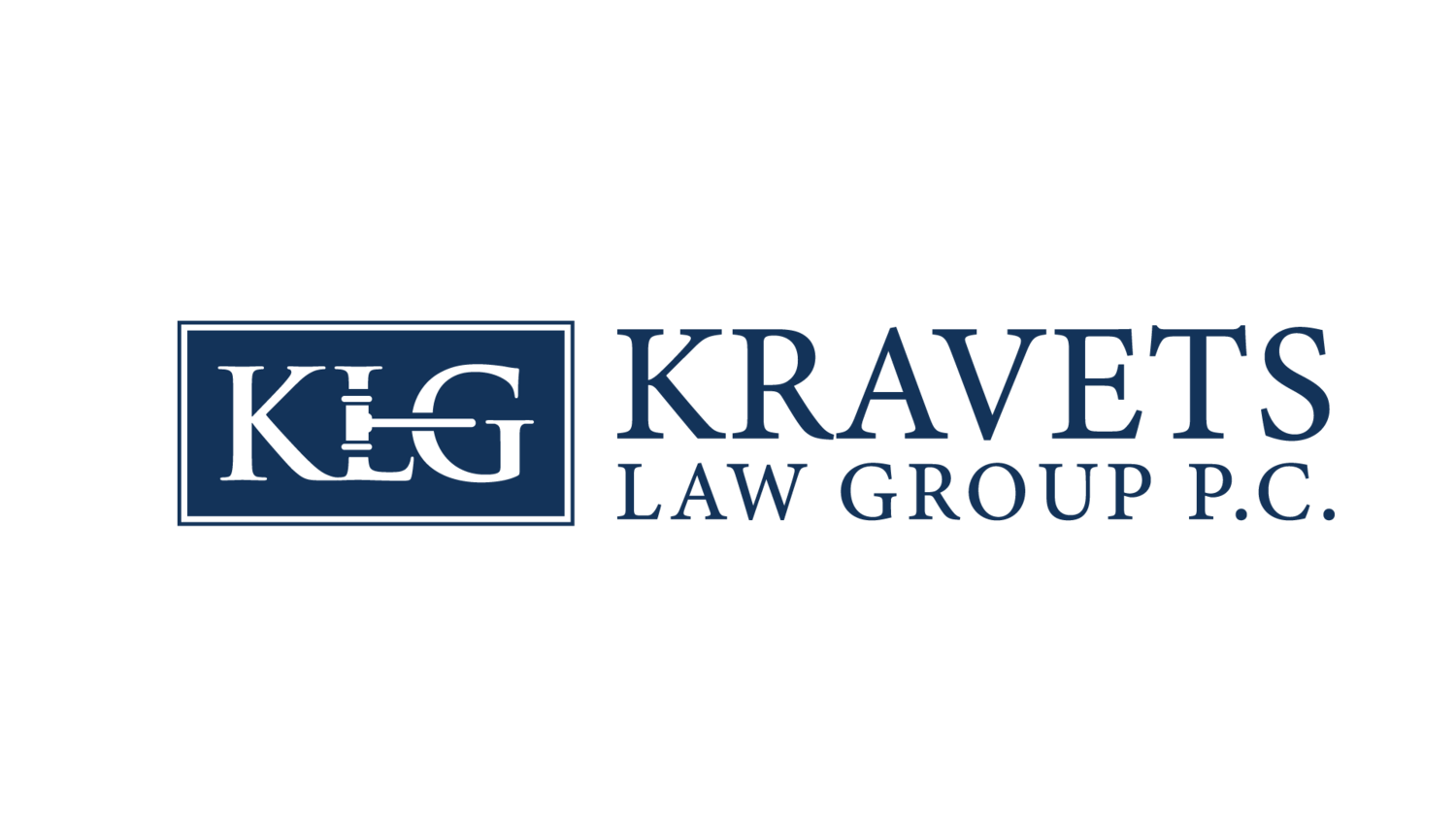5 Common Mistakes to Avoid in Estate Planning
Estate planning is a critical process that allows you to protect your assets and ensure that your loved ones are taken care of after you're gone. However, estate planning is complex and involves many legal and financial considerations. If you're not careful, you can make mistakes that could lead to unintended consequences. In this blog, we'll discuss five common mistakes to avoid in estate planning.
Not Having an Estate Plan
The biggest mistake you can make in estate planning is not having an estate plan at all. According to a 2023 survey by Caring.com, only 34% of U.S. adults have a will, trust, or other estate planning documents in place. Without an estate plan, your assets may be distributed according to state law, which may not align with your wishes. Additionally, your loved ones may have to go through a long and costly probate process to gain control of your assets. By creating an estate plan, you can ensure that your assets are distributed according to your wishes and that your loved ones are taken care of after you're gone.
Failing to Update Your Estate Plan
Another common mistake in estate planning is failing to update your estate plan regularly. Life changes, and your estate plan should reflect those changes. For example, if you get married or divorced, have children, or acquire significant assets, you should update your estate plan to reflect those changes. By regularly reviewing and updating your estate plan, you can ensure that it accurately reflects your wishes and protects your loved ones.
Not Considering Tax Implications
Estate planning involves many tax implications, and failing to consider them can be a costly mistake. Failing to plan for estate taxes could result in a significant portion of your estate going to the government instead of your loved ones. Additionally, gifting assets without considering the gift tax rules could result in unexpected tax bills. By working with an experienced estate planning attorney and considering tax implications, you can minimize taxes and maximize the value of your estate for your loved ones.
Naming the Wrong Beneficiaries
Naming the wrong beneficiaries in your estate plan can lead to unintended consequences. For example, if you name a minor child as the beneficiary of a life insurance policy or retirement account, they may not be able to access the funds until they reach the age of majority. It’s important to carefully consider your beneficiaries and regularly update your designations so you can ensure that your assets go to the right people.
Failing to Plan for Incapacity
Finally, failing to plan for incapacity is a common mistake in estate planning. Incapacity can occur due to illness, injury, or other circumstances, and can leave you unable to make decisions for yourself. By creating a durable power of attorney and a healthcare directive, you can appoint someone you trust to make financial and medical decisions on your behalf if you're unable to do so. According to a 2021 survey by the American Association of Retired Persons, 54% of Americans over the age of 65 haven't created an advanced directive. By planning for incapacity, you can ensure that your wishes are followed even if you're unable to express them yourself.
Conclusion
Estate planning is a crucial process that requires careful consideration and planning to avoid costly mistakes. By avoiding these common mistakes, you can ensure that your assets are distributed according to your wishes, your loved ones are taken care of, and your legacy is protected.
If you need an estate plan or need help updating your existing plan, contact us for a free consultation. At Kravets Law Group, we have years of experience helping clients navigate the complexities of estate planning. We can guide you through the process and help you make the best decisions for your unique situation.

